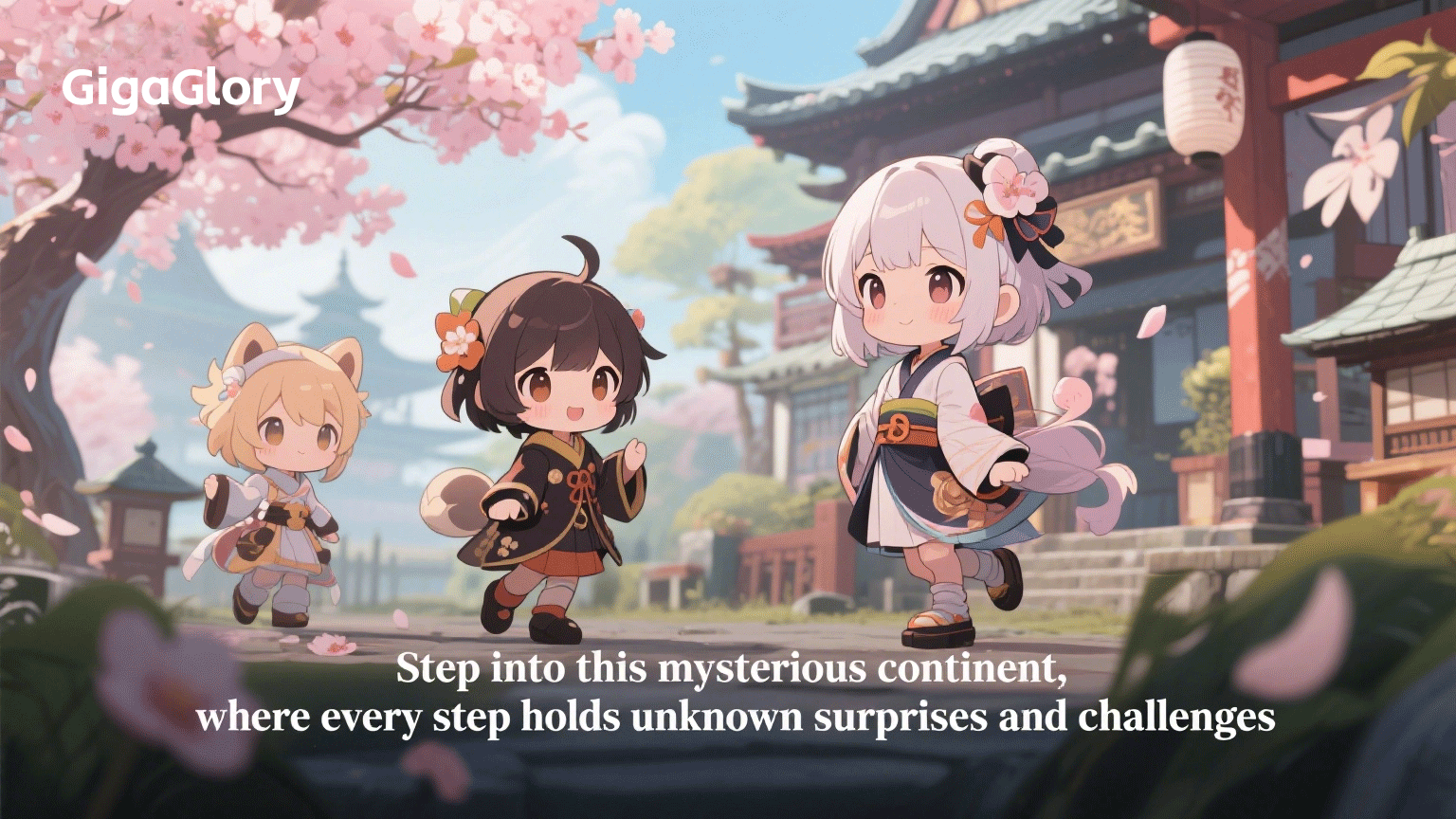Why Real-Time Strategy Multiplayer Games Are Taking Over the Gaming World
The gaming industry has seen drastic changes over the years, but none quite as captivating as the rise of real-time strategy (RTS) multiplayer games. Here, we'll dive deep into what makes these games so appealing, explore popular titles like Clash of Clans, and see why they are capturing the imaginations of players worldwide.
Understanding Real-Time Strategy Games
Real-time strategy games operate in a dynamic environment where players make decisions and execute strategies in real time. Unlike turn-based games that allow players to have time to consider their moves, RTS games require quick thinking and reflexes.
The Allure of Multiplayer Dynamics
One major attraction of RTS multiplayer games is their ability to foster competition and collaboration among players. This social aspect is crucial, as players can team up or face off in intense battles.
Clash of Clans: A Case Study
Clash of Clans has become a household name in the realm of mobile RTS games. Its success can be attributed to its engaging gameplay, community interactions, and frequent updates that keep players returning.
| Feature | Clash of Clans | Other RTS Games |
|---|---|---|
| Community Engagement | High | Moderate |
| Frequent Updates | Yes | Varies |
| Gameplay Style | Casual to Competitive | Competitive |
Key Features of RTS Multiplayer Games
- Real-time decision-making
- Resource management
- Team strategies
- Diverse gameplay modes
- Social interactions
The Evolution of Gaming Platforms
The shift from console to mobile has played a significant role in the RTS genre's explosion. Mobile devices allow quick sessions, making it easy for players to engage in short yet thrilling skirmishes anytime, anywhere.
Why RTS Multiplayer Games Are So Popular
The blend of strategy, competition, and social elements make RTS multiplayer games an ideal choice for both casual and hardcore gamers alike.
Community and Social Interaction
One cannot overlook the social angle of multiplayer gaming. Engaging with friends or meeting new players fosters a community spirit, enhancing the overall gaming experience.
The Role of Technology in Strategy Games
Advancements in technology have improved graphics, AI, and network capabilities, which makes RTS multiplayer games more engaging and accessible.
Strategies to Succeed in RTS Games
Developing effective strategies is essential in real-time games. Here’s a quick list:
- Understand resource management
- Observe opponent's moves
- Adapt strategies in real time
- Communicate effectively with teammates
The Future of RTS Multiplayer Games
Future advancements in technology could further elevate multiplayer experiences. With VR and AR on the horizon, the landscapes of RTS games could change dramatically.
Why Are They Taking Over?
Perhaps the biggest reason RTS multiplayer games are dominating the scene is their versatility. They appeal to various types of gamers, from strategy enthusiasts to casual mobile players.
Barriers to Entry in Multiplayer RTS Games
While the popularity of these games is soaring, some may find the learning curve steep. New players might feel overwhelmed by complex mechanics and strategies.
Incorporating Multiplayer Elements into Single-Player Games
Many single-player game developers are now integrating multiplayer elements to attract a broader audience, creating hybrid games that sustain interest over time.
Final Thoughts on RTS Multiplayer Games
The continued success of RTS multiplayer games highlights a shift in how we view gaming. As communities continue to form around these titles, we can expect to see further innovation and engagement in the gaming world.
Conclusion
Real-time strategy multiplayer games are undoubtedly making waves in the gaming industry. Their unique blend of strategic thinking, social interaction, and fast-paced gameplay creates a captivating experience unmatched by other genres. Whether you're a seasoned player or just stepping into the world of RTS, there's no denying the impact these games have had and will continue to have in the future.



